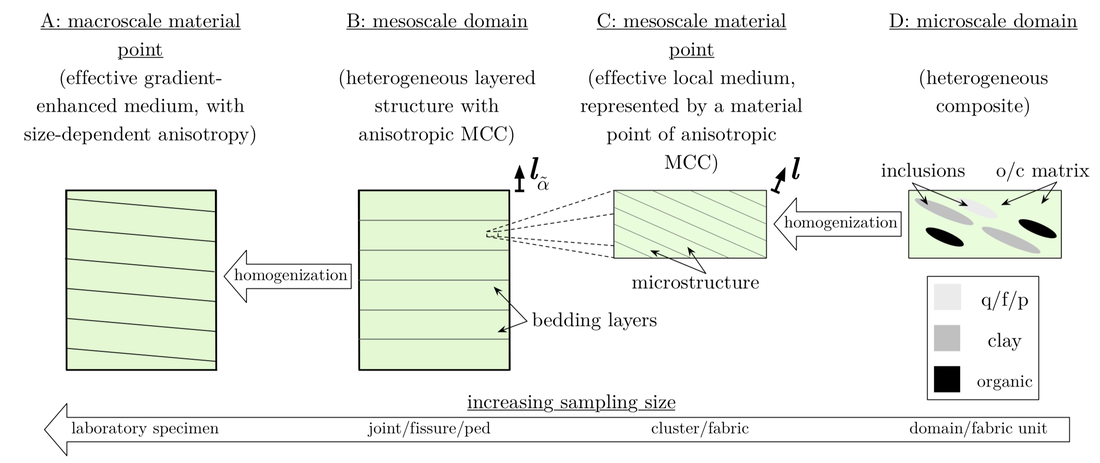|
Abstracts: We introduce a multi-agent meta-modeling game to generate data, knowledge, and models that make predictions on constitutive responses of elasto-plastic materials. We introduce a new concept from graph theory where a modeler agent is tasked with evaluating all the modeling options recast as a directed multigraph and find the optimal path that links the source of the directed graph (e.g. strain history) to the target (e.g. stress) measured by an objective function. Meanwhile, the data agent, which is tasked with generating data from real or virtual experiments (e.g. molecular dynamics, discrete element simulations), interacts with the modeling agent sequentially and uses reinforcement learning to design new experiments to optimize the prediction capacity. Consequently, this treatment enables us to emulate an idealized scientific collaboration as selections of the optimal choices in a decision tree search done automatically via deep reinforcement learning. Preprint available at ResearchGate [URL].
0 Comments
My PhD student Kun Wang has received the Mindlin Scholarship from the Fu Foundation School of Engineering and Applied Science of Columbia University. The Mindlin scholarship is given to a graduate student in the Columbia Engineering school who demonstrates superior achievement, integrity, curiosity and creativity. The Mindlin scholarship is established by the Mindlin family and the SEAS in honor of the three Mindlin brothers (Eugene as an engineer and businessman, Raymond as a scientist and professor at Columbia, and Rowland as a physician and public health administrator). Below is the list of published work Kun finished during his PhD study with our group. Congratulations, Kun! Well deserved! Published Work:
Abstract:
We introduce a regularized anisotropic modified Cam-clay (MCC) model which captures the size-dependent anisotropic elastoplastic responses for clay, mudstone, shales, and sedimentary rock. By homogenizing the multiscale anisotropic effects induced by clay particle aggregate, clusters, peds, micro-fabric, and mineral contact across length scales, we introduce two distinctive anisotropic mechanisms for the MCC model at the material point and mesoscale levels. We first employ a mapping that links the anisotropic stress state to a fictitious isotropic principal stress-space to introduce anisotropy at the material point scale. Then, the mesoscale anisotropy is introduced via an anisotropic regularization mechanism. This anisotropic regularization mechanism is triggered by introducing gradient-dependence of the internal variables through a penalty method such that the resultant gradient-enhanced plastic flow may exhibit anisotropic responses non-coaxial to the stress gradient of the yield function. The influence of the size-dependent anisotropy on the formation of the shear band and the macroscopic responses of the effective media are analyzed in 2D and 3D numerical examples. [PDF] |
Group NewsNews about Computational Poromechanics lab at Columbia University. Categories
All
Archives
July 2023
|


 RSS Feed
RSS Feed